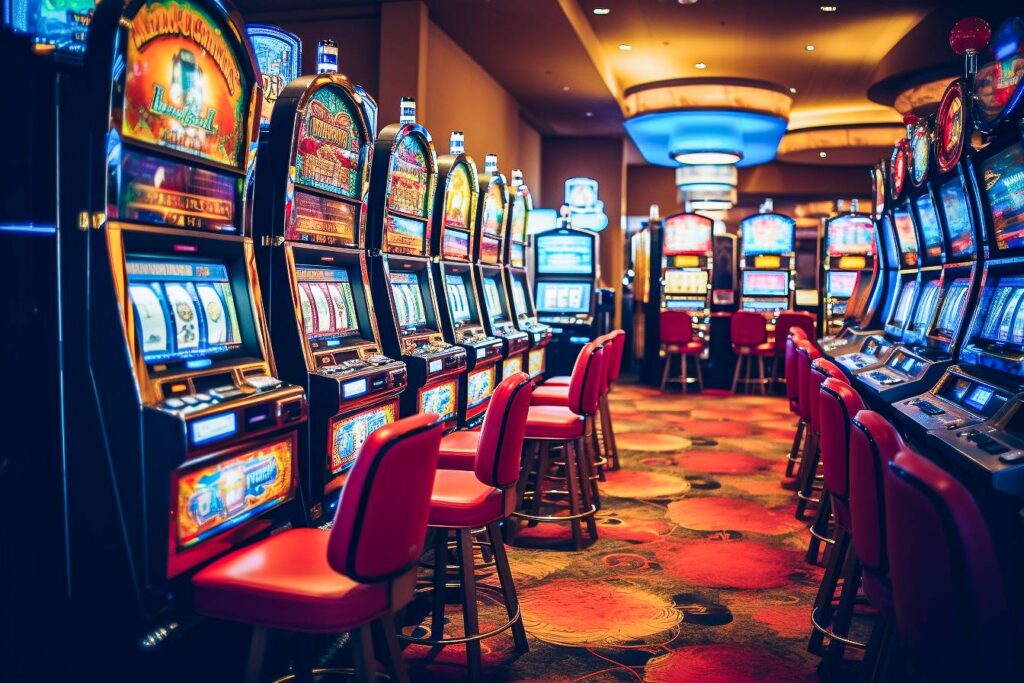Gambling is a cultural heritage characterized by an individual’s willingness to risk money or valuables for an uncertain outcome, usually in the hope of gaining more wealth. Gambling has been present throughout history and has evolved with society, from card games and lotteries to digital casinos.
The appeal of gambling lies in the unexpected luck and the potential to win. Whether in person or online, people gamble where luck is the determining factor. The uncertainty associated with the outcome creates excitement, attracting people from all walks of life seeking both entertainment and financial gain.
There are countries or parts of society where gambling is a tradition that fosters a sense of friendship and community. However, in other countries they may be viewed with skepticism because of the potential for addiction, crime and social problems.
The gambling industry has undergone significant changes with the advent of online platforms. Online casinos or sports betting sites provide convenient opportunities for individuals to participate in different types of gambling from the comfort of their own home. This accessibility, while enhancing convenience, poses an additional risk to responsible gambling practices, namely that this type of gambling can increase addictive behavior.
Gambling can affect individuals both psychologically and emotionally. Risk, reward and the unpredictability of the outcome can trigger a range of emotional reactions from excitement and joy to frustration and disappointment. Gambling addicts may experience negative effects on personal relationships, financial stability or mental well-being.
Countries generally seek to regulate gambling in order to strike a balance between gambling as entertainment or the harms associated with excessive or problematic gambling. For example, measures such as age controls, self-exclusion programs or advertising restrictions.





Remember! Gambling is not only addictive, it can cause addiction!